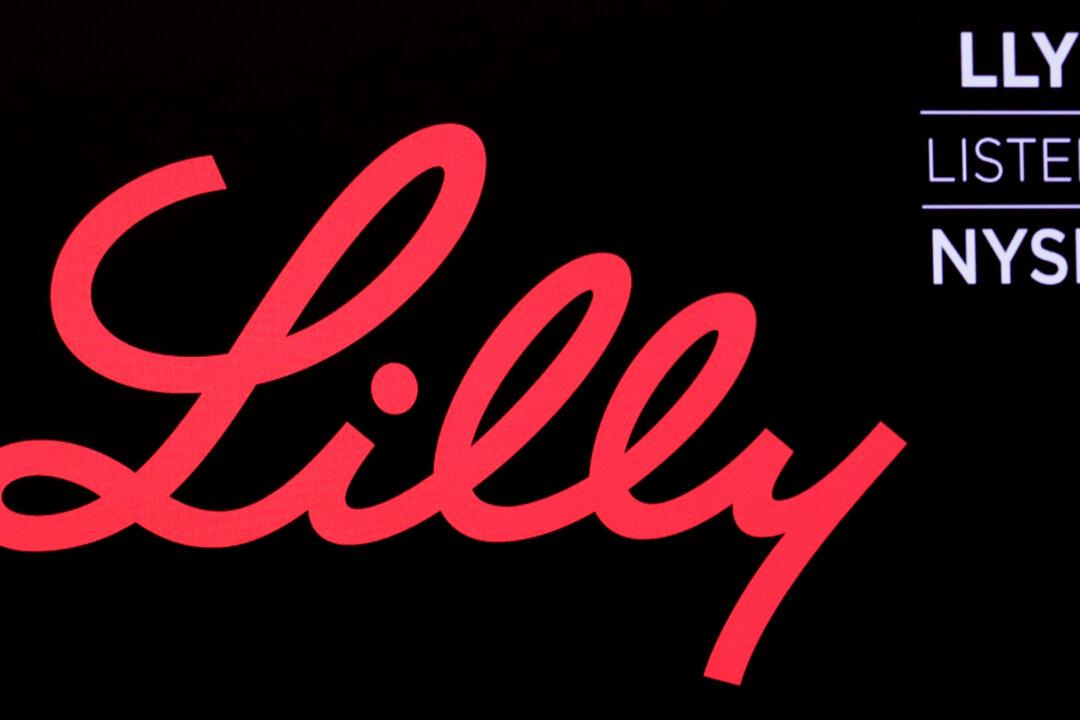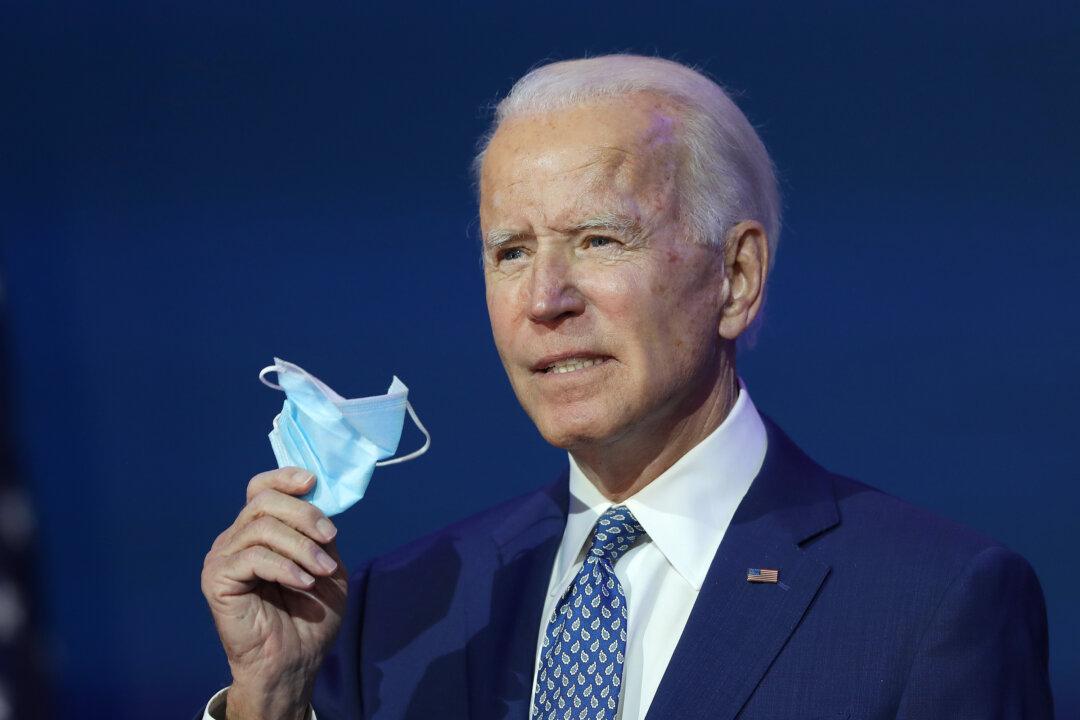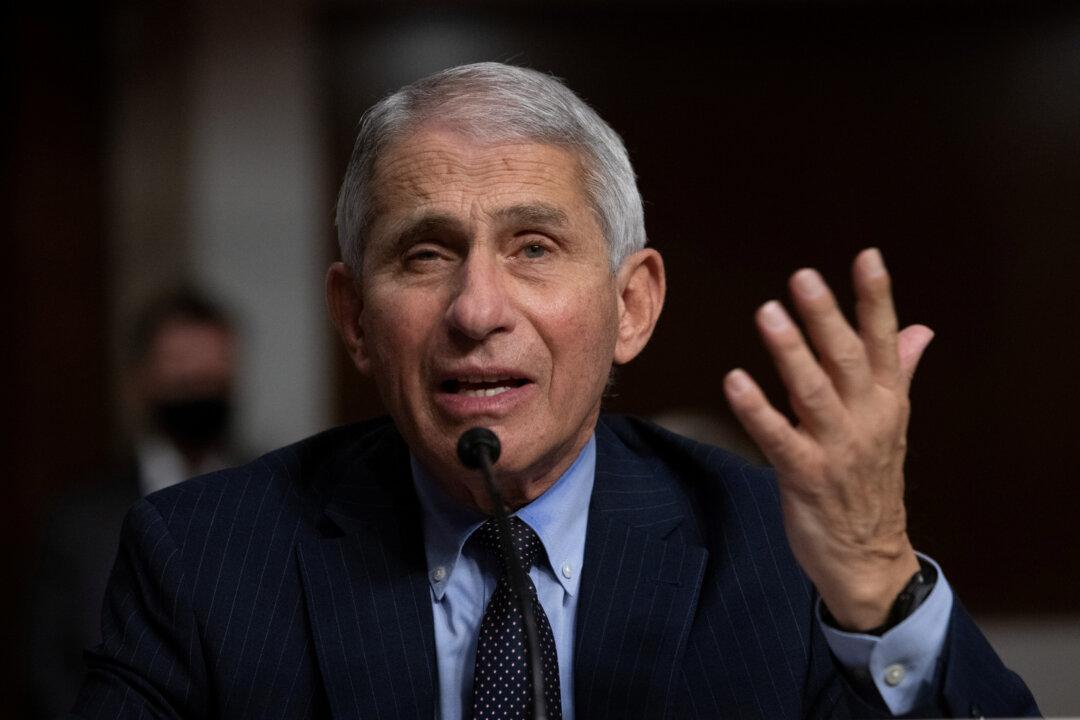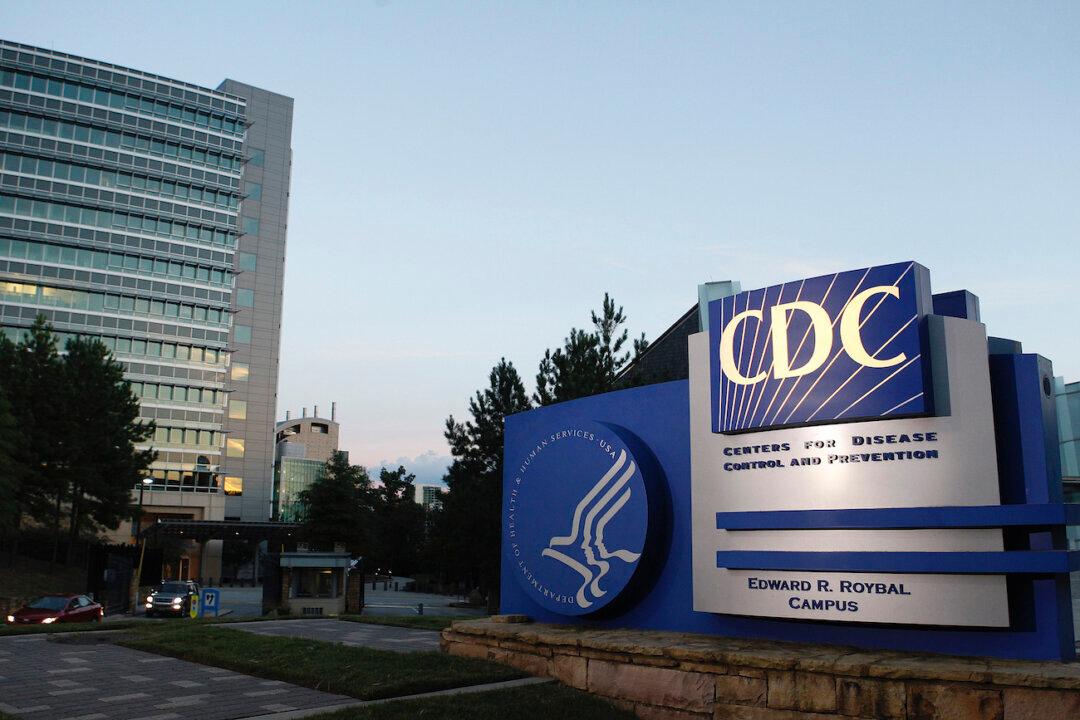Eli Lilly’s neutralizing antibody LY-CoV555 has shown improvement in treating patients with mild to moderate cases of the CCP (Chinese Communist Party) virus.
In a study published in the New England Journal of Medicine on Oct. 28, the company stated that from the interim analysis of the data, patients have shown an improvement. The patients recruited in this study were individuals who tested positive for the disease caused by the CCP virus within the past three days but aren’t hospitalized.





